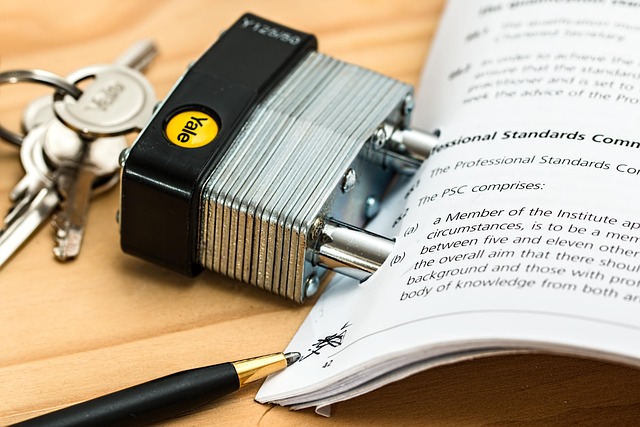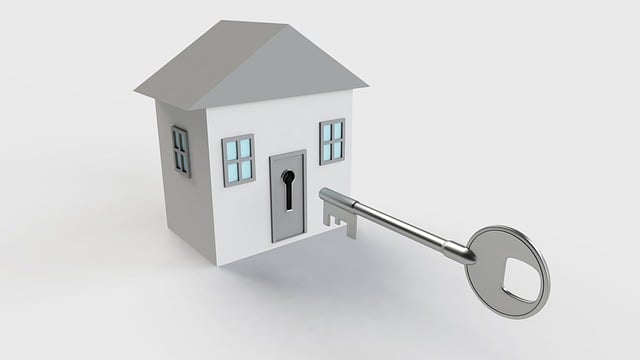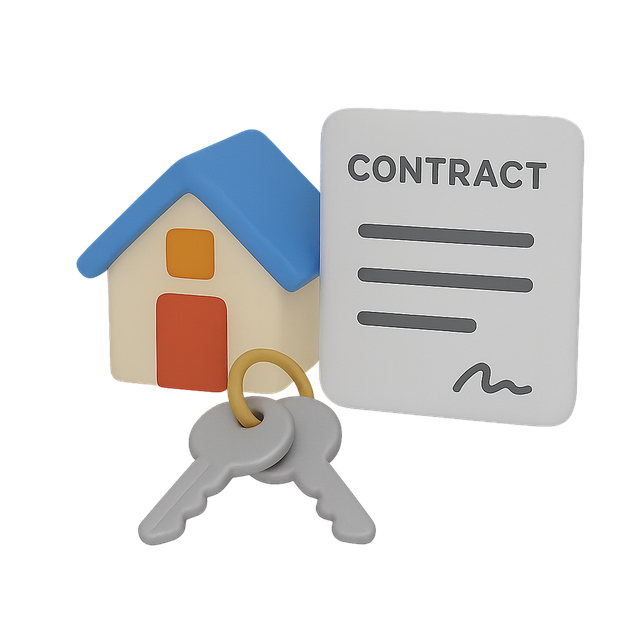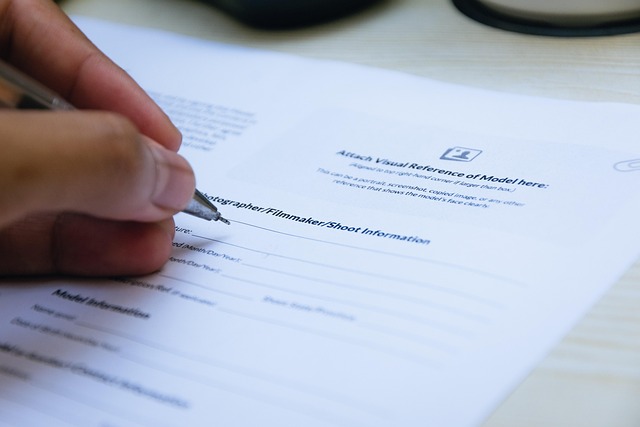Demystifying student lease terms is crucial for a positive renting experience. A comprehensive guide breaks down key concepts like lease duration, renewal options, security deposits, and late fees, empowering students to make informed decisions, negotiate, and avoid issues. By understanding these clauses—including fixed-term vs. monthly leases and maintenance responsibilities—students can navigate their housing options confidently, ensuring a safe and comfortable living environment throughout their academic journey.
“Unraveling the complexities of student rentals has never been easier. This comprehensive guide is designed to empower students with the knowledge they need to navigate lease terms like a pro. From ‘lease terms explained’ to ‘rental contract terms’, we demystify common student language and break down key components of student rental agreements. Learn about crucial lease clauses, from security deposits to subletting restrictions, and discover strategies for negotiating favorable conditions. Protect yourself with this essential student lease guide.”
- Lease Terms Explained: Demystifying Common Student Language
- – Understanding basic lease vocabulary
- – Decoding complex terms in student rentals
- Student Rental Agreements: Key Components Every Tenant Should Know
- – Duration and renewal clauses explained
Lease Terms Explained: Demystifying Common Student Language

Lease terms explained can be a daunting task for many students stepping into the world of rentals. Common student language often includes jargon that can make understanding rental agreements seem like a foreign concept. However, it’s essential to demystify these terms to ensure a smooth and stress-free living experience. Student rental agreements are not just a bunch of legalese; they’re a contract between you and your landlord, outlining the rights and responsibilities of both parties.
A student lease guide can help clarify various lease clauses students often encounter. Terms like “lease duration,” “renewal options,” “security deposit,” and “late fees” may sound intimidating but are fundamental to knowing what to expect as a tenant. Understanding leases allows students to make informed decisions, negotiate terms if needed, and avoid potential pitfalls. By familiarizing themselves with rental contract terms, students can navigate their housing options confidently and create a comfortable living environment.
– Understanding basic lease vocabulary

For many students, navigating their first rental agreement can be daunting. Deciphering lease terms explained in legal jargon is a common challenge. However, understanding key components of student rental agreements is essential for making an informed decision. This student lease guide highlights crucial concepts like lease terms, rent amount and payment schedule, deposit policies, and lease clauses. By familiarizing themselves with these aspects, students can better assess their rights and responsibilities throughout their tenancy.
Knowing the difference between fixed-term and month-to-month leases is a good starting point. Fixed-term agreements offer certainty with a specified start and end date, while monthly leases provide flexibility but require continuous renewal. Students should also pay close attention to any restrictions or guidelines mentioned in the lease clauses, such as pet policies, smoking regulations, and maintenance responsibilities. Being proactive in understanding these terms empowers students to enjoy a safe and comfortable living environment during their academic journey.
– Decoding complex terms in student rentals

Decoding complex terms in student rentals can feel like navigating a maze. Student rental agreements often throw around legal jargon that sounds like a foreign language, leaving many students feeling uncertain about their rights and responsibilities. However, understanding lease clauses is crucial for ensuring a smooth living experience. A student lease guide should make these terms accessible and clear, breaking down intricate concepts into simple, digestible information.
This transparency is essential in fostering trust between landlords and tenants. By demystifying lease terms explained, students can confidently negotiate their rental agreements, knowing exactly what they’re signing up for. Whether it’s clarifying expectations around maintenance, damage deposits, or subletting rules, a thorough understanding of student rental contracts allows young adults to make informed decisions, ensuring both their comfort and security in their living arrangements.
Student Rental Agreements: Key Components Every Tenant Should Know

When it comes to student rental agreements, understanding lease terms is crucial for any tenant. These contracts are legally binding documents that outline the rights and responsibilities of both the landlord and the tenant. As a student, it’s important to carefully read and comprehend each clause before signing. A typical student rental agreement includes essential components such as rent amount and due date, security deposit details, lease duration, and maintenance obligations.
Key lease terms explained should also cover subletting rules, which dictate whether and under what conditions you can assign your lease to another party. There might be specific requirements for notifying the landlord and their approval process. Additionally, privacy and noise policies are significant, especially in shared spaces, as they ensure a peaceful environment for all residents. Knowing your rights and obligations within these agreements empowers students to make informed decisions regarding their off-campus housing.
– Duration and renewal clauses explained

When it comes to student rental agreements, understanding lease terms explained is crucial for a smooth living experience. Lease terms set out the duration and conditions under which you can occupy a property. One of the key aspects is the duration of the lease, which specifies how long the agreement will be in effect. This usually ranges from a few months to a year, depending on the location and property type. Knowing when your lease ends allows you to plan ahead for moving or renewing.
Renewal clauses are also an essential part of rental contract terms. These stipulate whether and how you can extend your stay beyond the initial period. Some leases automatically renew for another term under similar conditions, while others may require written notice or specific actions from the tenant to continue occupancy. Understanding these lease clauses students empowers them to make informed decisions regarding their housing and ensures they have a clear path forward during their academic journey.






